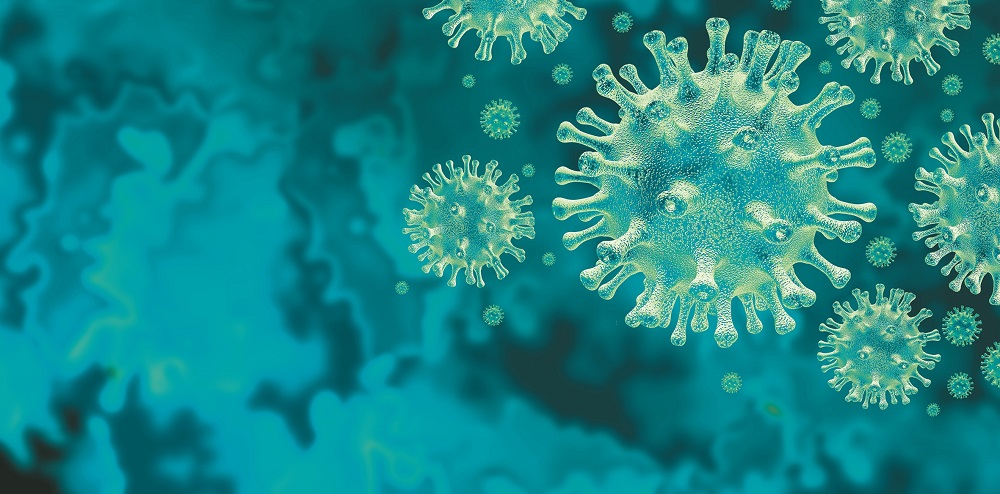Nutrition experts have welcomed the news that Public Health England (PHE) has reissued its recommendations for vitamin D supplementation during the Covid-19 lockdown.
It has now advised that people should consider taking 10mcg of vitamin D a day to keep bones and muscles healthy and states that this is because you may not be getting enough vitamin D from sunlight if you’re indoors most of the day. The guidance goes on to say that there have been some news reports about vitamin D reducing the risk of Coronavirus. However, there is no evidence that this is the case.
Graham Keen, Executive Director of the Health Food Manufacturers’ Association (HFMA), commented: “Whilst vitamin D supplementation has long been recommended for key population groups, this broadened advice is welcome to help everyone maintain healthy joints and muscles. What’s more, this nutrient is backed by four key elements for success; the science is proven, the strategy is Government-led, a simplicity of message and a ready supply. We believe that, together, these factors will result in good uptake by the population and will demonstrate, yet again, the pivotal role that supplements can play in safeguarding the health of our nation.
Keen highlighted the HFMA’s recent Health of the Nation survey, which revealed that under a third (31 per cent) of Brits were aware of PHE recommendations that all adults and children over the age of five years should consider taking a vitamin D supplement throughout the winter months to help protect their bones, teeth and muscles. This lack of awareness causes concern that some people may be low in vitamin D and will particularly need to top up their levels up over the coming months.
Nutritionist, Dr Michele Sadler, Scientific Advisor to the HFMA, added: “An adequate supply of vitamin D, also known as the ‘sunshine vitamin’, is essential all year round to keep your body healthy. Not only is it good for bones and teeth, but research has shown that it also plays a role in the immune system. The three main ways to get adequate vitamin D are from exposure of the skin to sunlight, by eating foods that are naturally rich in vitamin D or fortified with the vitamin, and from a dietary supplement.
“Your body naturally produces vitamin D when it is directly exposed to sunlight containing ultraviolet B radiation and daily sunlight exposure is how most people get sufficient vitamin D. It’s important that everyone has daily exposure to sunlight outdoors, particularly during the spring and summer months, as ultraviolet B does not penetrate through glass.”
She continued: “Vitamin D is also present in a limited range of foods, which contributes to supplies of vitamin D, but it is difficult to get enough from your diet alone. Including the following foods in your diet will help to top up your vitamin D intake: Oily fish, such as salmon, sardines and mackerel, red meat and liver, eggs, fortified fat spreads, fortified breakfast cereals and full fat milk. Vulnerable population groups like the housebound and children one to four years are advised by PHE to take a daily 10mcg supplement, and all adults and children over five years to consider this, particularly during the winter months.”
Also commenting on the news, the British Nutrition Foundation (BNF) says it supports the Government advice to supplement throughout spring and summer while the lockdown continues, because we may not be getting enough vitamin D from sun exposure.
Sara Stanner, Science Director at BNF explains: “In normal circumstances, at this time of year, the warmer weather means we may get outdoors more often for walks, picnics in the park or trips to the beach. Unfortunately, as the effects of Coronavirus continue, many of us are limited in the time we can spend outdoors. Correctly abiding by Government rules and staying at home is immensely important and, while many of us have limited access to sunlight, this means we need to take a little extra care to keep our vitamin D levels healthy. If you’re purchasing supplements, it’s important not to buy more than you need to help keep supplies of supplements available for everyone.
“While it is difficult to get the recommended amount of vitamin D through diet alone, dietary supply remains important. Vitamin D is found naturally in oily fish, including salmon, mackerel and sardines, as well as eggs, some mushrooms, and in foods fortified with vitamin D, such as breakfast cereals, fat spreads and yogurts. Red meat can also contribute to vitamin D intakes”.


